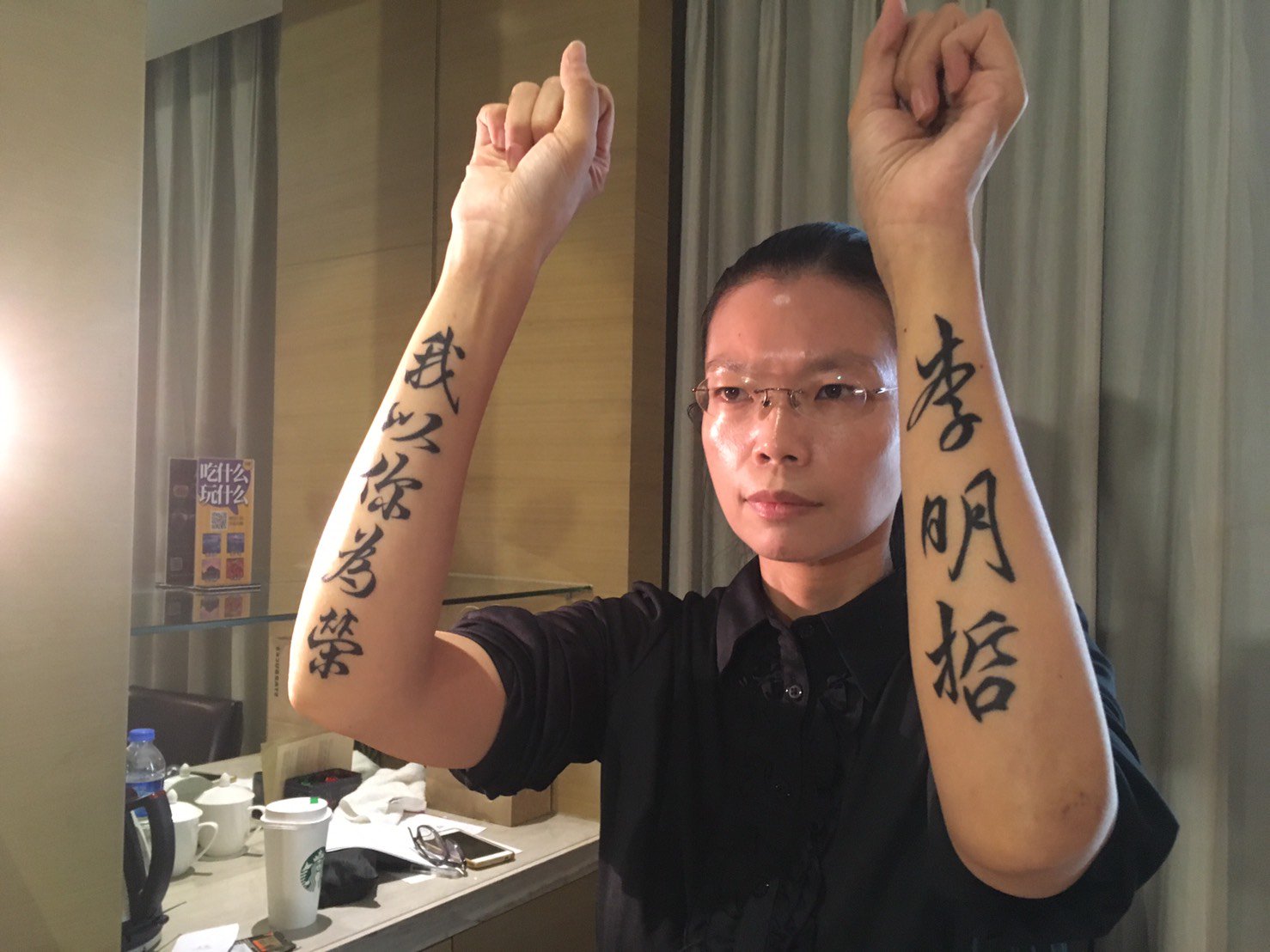Taiwanese activist released after serving five years in Chinese prison for “subversion”
Lee Ming-che, a rights activist in Taiwan, disappeared on a visit to China in 2017 and was later charged with “subversion of state power.” He is back in Taiwan and just gave his first public comments on his ordeal.

Lee Ming-che (李明哲 Lǐ Míngzhé), a Taiwanese community college administrator and human rights activist, was released from prison in China after serving a five-year sentence. He gave his first public remarks about his detention earlier today.
Lee disappeared while visiting China in 2017 and was charged with subversion of state power later that year. He served his sentence at Chishan Prison, which practices “reform through labor” under the láogǎi 劳改 system. Chishan prison has been reported to manufacture gloves, shoes, bags, and backpacks.
- Though he was not “tortured,” Lee and his supporters allege that he was served rotten food, forced to work long hours, and frequently denied contact with his family — including being refused a visit home for his father’s funeral in 2019.
The exact reasons for Lee’s detainment are still unclear, but some think that his online exchanges with Chinese friends about Taiwan’s democratization and previous work for the Democratic Progressive Party (DPP) put him in the crosshairs. Lee also managed a fund for the families of political prisoners in China.
- Lee said that Chinese national security officials coerced him to confess to the charges, hinting that doing so would speed up his release because the two sides had previously “swapped spies.”
- “When Lee talked about the ‘testimonies’ that he gave in the Chinese court, during which he confessed to the crime that he was charged with, he said those testimonies are meaningless and the court proceeding itself was ‘illegal,’” noted DW News reporter William Yang. For more on forced confessions in China, see this 2016 discussion on ChinaFile.
- “My actions are very normal in Taiwan or any democratic society…I didn’t expect China would view my humanitarian acts as grossly as subverting state power,” Lee said.
His release is largely attributed to the widely publicized advocacy by his supporters, NGOs, and especially his wife, Lee Ching-yu (李凈瑜 Lǐ Jìngyú), who has tattooed his name on her arms.
- “I could have served a longer sentence, even life,” he said. He also urged other advocates to “reassess [their] personal safety” when dealing with China and has released an open letter (in Chinese) on his time in jail.
China news, weekly.
Sign up for The China Project’s weekly newsletter, our free roundup of the most important China stories.
Lee’s case is one of a series of detainments that have sparked criticism over China’s often-murky legal system. Earlier last month, An Dong, an employee for the EU delegation, was detained for “picking quarrels and provoking trouble,” likely for the politically risky content he posted to Chinese social media.
Last week a highly respected journalist, Luō Chāngpíng 罗昌平, was given a seven-month jail sentence for defaming martyrs and heroes. China Media Project reports:
The harsh penalty for the former senior editor of Caijing magazine, who in the past has been hailed in China for his heroic journalism, reveals how profoundly the values in Chinese society have shifted under Xi Jinping.






